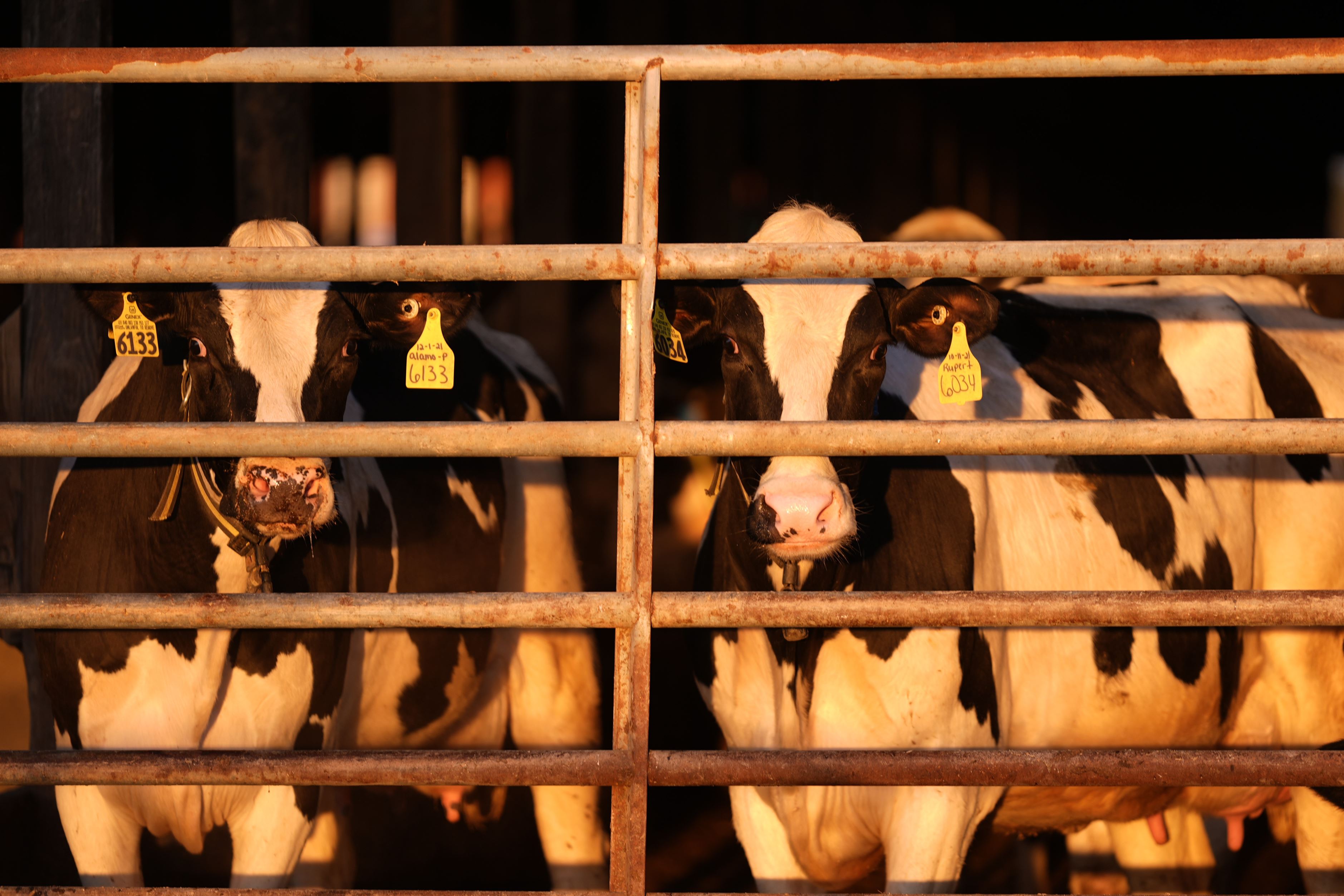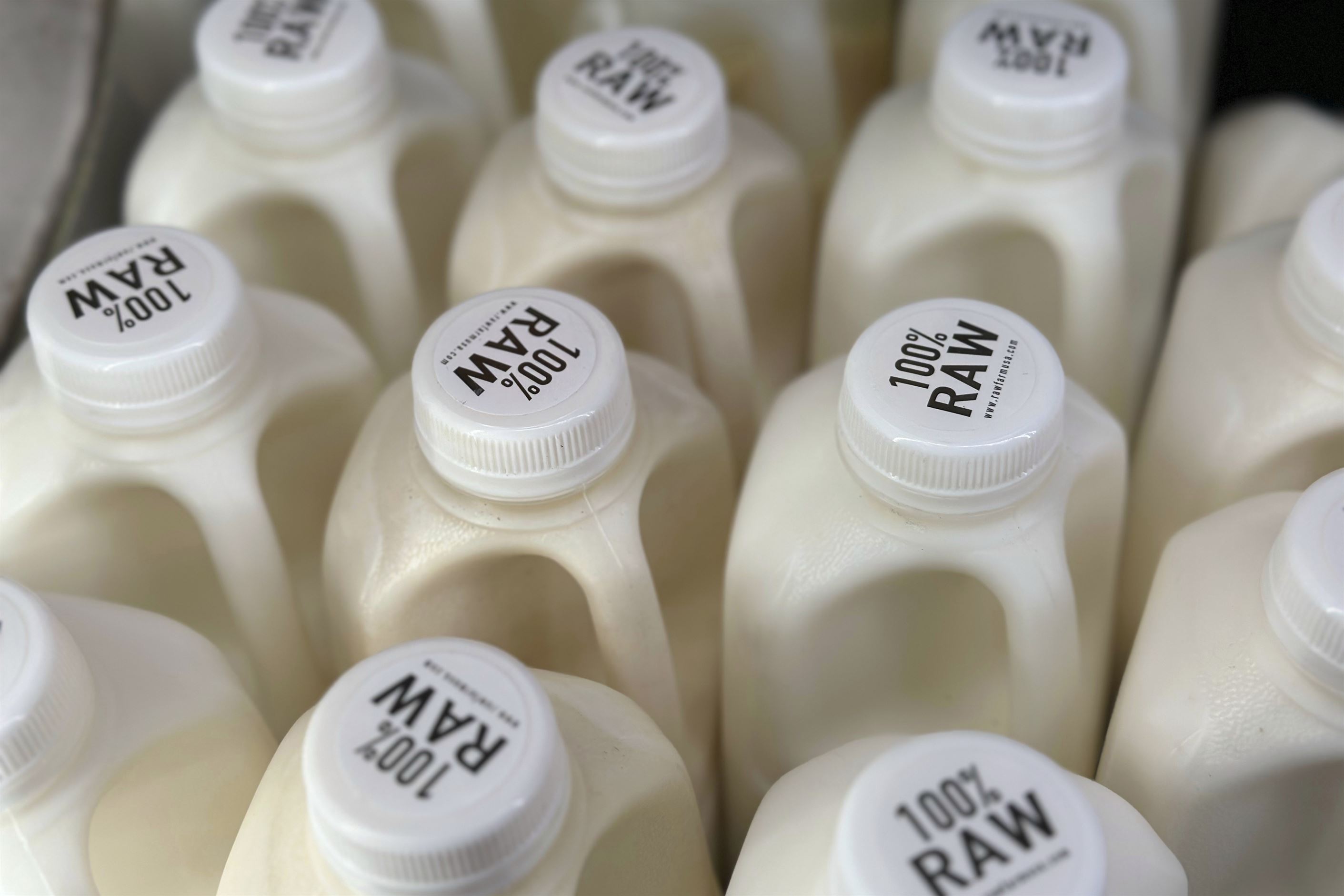
CHICAGO / WASHINGTON - A second human case of bird flu has been confirmed in the United States since the virus was first detected in dairy cattle in late March, US officials said on Wednesday.
The infection of a dairy worker in Michigan expands the outbreak of the virus that has circulated in poultry for years, though the US Centers for Disease Control and Prevention said the risk to the general public remains low.
ALSO READ: Australia reports first human avian flu infection
The CDC told reporters on a call it has not seen evidence of human to human transmission of bird flu and that it tested close to 40 people since March, including the Michigan worker. All the people who were tested were connected to or had exposures on a dairy farm, the CDC said.
A Texas dairy worker was confirmed to be infected in April.
Michigan and Texas are among nine states that have reported bird flu in dairy herds. Scientists have said they believe the outbreak is more widespread based on US Food and Drug Administration findings of H5N1 virus particles in about 20 percent of retail milk samples
Michigan and Texas are among nine states that have reported bird flu in dairy herds. Scientists have said they believe the outbreak is more widespread based on US Food and Drug Administration findings of H5N1 virus particles in about 20 percent of retail milk samples.
READ MORE: S. Africa's top poultry producer flags bird flu risk amid vaccine delays
Similar to the Texas case, the patient in Michigan only reported eye symptoms, the CDC said. The Michigan worker had mild symptoms and recovered, according to the state's Department of Health and Human Services.
The worker had regular exposure to livestock infected with bird flu, Michigan said. The leading hypothesis is that the case was a result of cow to human transmission, according to CDC.
The agency said "similar additional human cases could be identified" given high levels of the virus in raw milk from infected cows, and the extent of the spread in dairy cows.
Influenza experts said the second case associated with exposure to dairy cattle was concerning.
"It is worrisome that the virus is spreading widely in cows because this can lead to changes in the virus that could potentially increase human susceptibility," said Scott Hensley, an influenza vaccine expert at the University of Pennsylvania.
Bird flu has caused serious or fatal infections globally among people in close contact with infected wild birds or poultry, and scientists have long viewed the virus as being capable of causing a global health crisis.
"It doesn’t appear to be the start of a pandemic but we urgently need to assess if additional human cases have occurred," said Dr. Angela Rasmussen, a virologist at the University of Saskatchewan.

Financial support for farmers, vaccine discussions
The US Department of Agriculture said it believes unpasteurized milk is the primary vector for transmitting the virus among cows, though officials do not know exactly how it spreads.
ALSO READ: Canada says its commercial milk tests negative for bird flu
To limit transmission in cattle, the USDA in late April started requiring dairy cows to test negative before being shipped across state lines.
The US is in "active conversations" with mRNA vaccine makers Pfizer and Moderna on a potential vaccine for humans, a US Department of Health and Human Services official said
The USDA will provide financial support to farmers whose herds have not tested positive for avian flu for developing and implementing biosecurity and testing measures, said senior adviser Eric Deeble.
The agency will also retroactively compensate farmers for lost milk due to infected herds, Deeble said.
"It’s likely that there will be several cases that emanate from exposure to infected cows and their milk amongst farm workers," said Dr. Amesh Adalja, an infectious disease expert at the Johns Hopkins Center for Health Security.
"The key thing is to make sure that testing is wide enough to capture them."
Nirav Shah, CDC's principal deputy director, said the agency received the Michigan patient sample on Tuesday and confirmed the positive test result that evening. Investigators are looking into whether the worker was wearing or was offered protective equipment.
A nasal swab from the worker tested negative for influenza in the state, but an eye swab was shipped to CDC and tested positive for the bird flu virus, the agency said.
The CDC said it recommended isolation, not quarantine, for close contacts of the person who tested positive for avian flu. It added that close contacts of exposed workers will be offered antiviral drugs.
The US is in "active conversations" with mRNA vaccine makers Pfizer and Moderna on a potential vaccine for humans, a US Department of Health and Human Services official said.
Last week, the US government started the process of manufacturing about 4.8 million doses of vaccine matched to the currently circulating strain of H5N1, a move that Dawn O’Connell, assistant secretary for preparedness and response at HHS said "further strengthens our preparedness posture."


